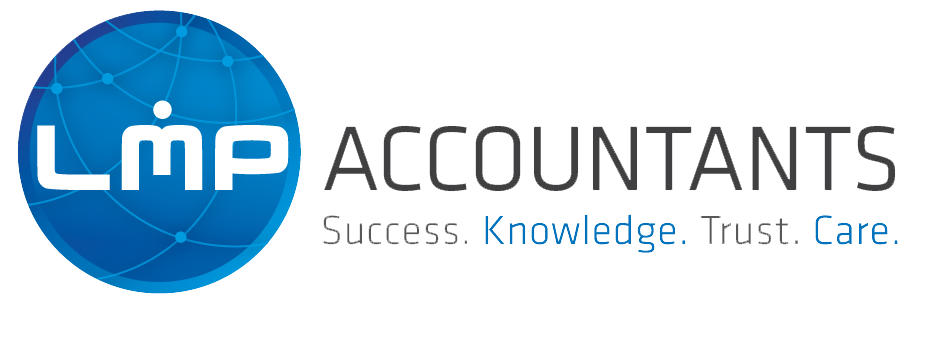Cloud computing has become a $100+ billion industry across the globe. For users it is easy to access and easy to use because for users on a desktop computer or handheld device, the cloud provides instant access to data anytime, anywhere there is an Internet connection.
What is cloud computing?
Cloud computing is where you have your personal information stored on someone else’s computer. Sounds pretty simple, but are you happy with this? If so, you have to ask yourself, how safe is the cloud? Although most well-known and reputable cloud software providers have the best security to protect users' data, experts will tell you there is no such thing as a completely safe cloud system.
From security holes to support issues, below are seven risks users take when storing data in the cloud.
1. If not you, then who is looking after your data?
Cloud software is an off-premise system in which users outsource their data needs to a third party provider (someone else’s computer). The provider manages the data including looking after updates, maintenance and security. This means though that users are trusting their precious data to someone else to look after.
And although cloud providers may give you undertakings that your data is safe, some may not always be looking after your best interests. When you check these providers terms of service, they hold almost no responsibility.
2. Cyber attacks – are you aware of the risk?
Any data that you store is at a risk of cyberattack. This is particularly problematic on the cloud, where volumes of data are stored by all types of users on the same cloud system.
The cloud is particularly vulnerable because of the sheer volume of data stored in a single system and the number of users that can access that data. This means if something goes wrong it will impact a wide group of people and businesses.
Although most cloud providers have stringent security measures, as technology becomes more sophisticated, so do cyberattacks.
3. What are your employees doing?
Just as cyberattacks are on the increase, so are cyberattacks that happen from the inside, such as Vodafone's breach of 2 million customer records in 2011 and the Edward Snowden breach at the NSA.
A recent case locally in Australia where an employee logged into their accounting file in the cloud via an unsecured Wi-Fi hot spot at a McDonalds store. This resulted in personal information of the employees of a number of businesses being released and used by cyber criminals.
Absolutely everything from customer data to sensitive and confidential information and intellectual property are up for grabs once an employee has access to your cloud storage. Even the best systems and security can be broken into when employees are unaware of the risks and do not follow best practice.
4. Not just employees have access
In recent times current world affairs relating to government surveillance programs and the Ed Snowden NSA leaks make it clear that it’s not only employees who may be snooping around in your sensitive data.
Technology allows that government departments and tech companies offshore have the ability to inspect your data as it is housed on the internet, including in the cloud.
It is fair to say that privacy has always been a concern with the cloud but now businesses need to consider breaches of cloud security by government, not just jaded employees or disgruntled clients.
5. What about the legal liability?
Risks associated with the cloud are not limited to security breaches are not the only risks associated with storing your data in the cloud. Your business can also be at risk of the resulting fallout such as lawsuits that can be filed against you, or by you in the event of a cyberattack.
6. Lack of standardisation
A cloud provider could have the all the latest bells and whistles when it comes to security features, there are no clear guidelines unifying cloud providers due to a general lack of standardisation across the technology. Given the vast amount of cloud services available across different sectors, this is especially problematic for users when determining exactly how "safe" their cloud really is.
As cloud services are all different, one providers definition of ‘safe’ may be completely different to the next.
7. The risk is real
Risk increases as technology advances and with cloud services it is difficult to understand what the future holds. Hackers have been around for a long time and are becoming more and more savvy...they will not be going anywhere soon.
There are stories in the media on a regular basis about large businesses that have been hacked and affected by cyber criminal activity. In recent years in Australia, some major businesses like David Jones, Myer, Target and even MyGov has been hacked and personal information used to the benefit of the cyber hackers.
Given this, it is important to fully understand if the benefits and the risks of moving over to cloud computing for your business.
The key? Make sure you are as knowledgeable and prepared as you can possibly be before you consider migrating to the cloud. Being 100% secure is impossible but making your system and software as hard to access as possible is the most important.
If you want to have a further chat about cyber computing and all the details you should consider, give us a call.

